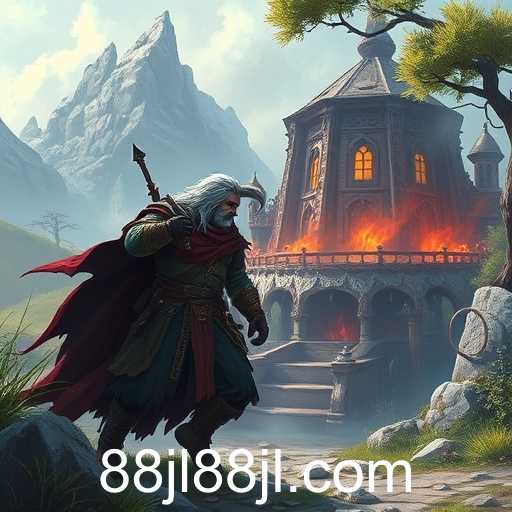Role-playing games (RPGs) have long captivated the imaginations of players around the world. These games create immersive worlds where storytelling and character development take center stage, allowing players to embark on captivating adventures and craft their own destinies. Whether it’s wandering through enchanted forests, battling mythical creatures, or unraveling intricate narratives, RPGs provide a unique blend of strategy, creativity, and exploration.
Traditionally, RPGs could be found in tabletop formats, with classic examples such as Dungeons & Dragons revolutionizing the genre. However, with the evolution of technology, RPGs have transitioned into digital formats, offering players rich, interactive experiences through video games. Titles like The Elder Scrolls, Final Fantasy, and The Witcher have captured the hearts of millions, each with its own intricate lore and expansive world to explore.
One of the defining features of RPGs is character customization. Players often start by crafting their unique avatar, making choices that influence their skills, appearance, and backstories. This feature encourages deeper emotional investment as players see their characters grow and evolve, impacting the storyline based on decisions made throughout their journey.
Moreover, RPGs are categorized into various sub-genres, each with its distinct characteristics. Action RPGs blend fast-paced combat mechanics with the depth of storytelling. Turn-based RPGs emphasize strategy and planning, often featuring complex battle systems. Open-world RPGs offer players the freedom to roam vast landscapes, engaging with diverse characters and quests at their own pace.
The evolution of RPGs has also seen the rise of massively multiplayer online role-playing games (MMORPGs). These games offer a social aspect, allowing players worldwide to connect, collaborate, and compete in dynamic virtual worlds. MMORPGs like World of Warcraft have built robust communities, providing endless content and periodic updates to keep the experience fresh and engaging.
With advancements in technology, the future of RPGs is brighter than ever. Virtual reality offers an exciting frontier, promising even more immersive experiences that push the boundaries of player interaction and world-building.
In conclusion, the allure of role-playing games lies in their ability to transport players to new worlds, offering a canvas for creativity, strategy, and storytelling. Whether through a traditional tabletop setting or a sprawling digital world, RPGs continue to inspire and entertain, inviting players to become heroes, villains, or anything in between, all from the comfort of their own imaginations.








